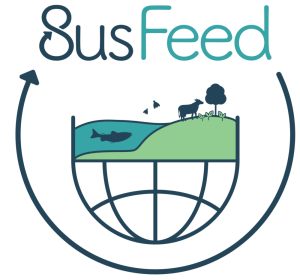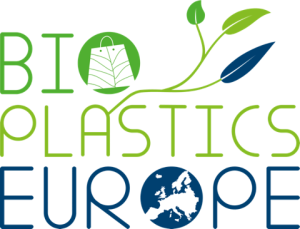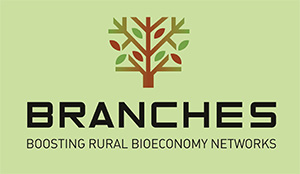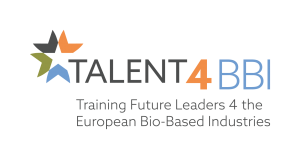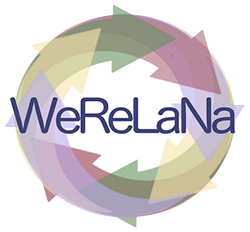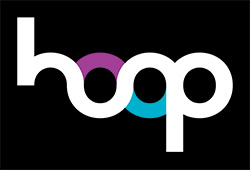BIOMODEL4REGIONS project

Supporting the establishment of the innovative governance models to achieve better-informed decision-making processes, social engagement and innovation in the bio-based economy
The BIOMODEL4REGIONS project aims to support the establishment of the innovative governance models at local/regional level to achieve better-informed decision-making processes, social engagement and innovation to support and strengthen EU and international science-policy interfaces to achieve the Sustainable Development Goals by:
-
- Supporting the development of regional/local strategies, aiming at exploiting the local potentials and innovations by integrating the opportunities created by the local bio-based economy thus contributing to the broader bioeconomy transition;
- Developing novel business models to enable consumers, industry/producers and public bodies to a societal switch towards environmentally responsible behaviour by means of biobased products and services;
- Developing best practice guidelines for local operators and innovation developers, supporting climate-neutrality and low environmental footprint improvements of bio-based products and services.
The methodology is based on the set-up of a governance structure among bioeconomy clusters that will leverage on previous successful projects, initiatives and best practices to capitalise on work performed through several years of research and studies in the field of bioeconomy. These results will be demonstrated within the project to support 6 pilot regions chosen in clusters’ network.
The pilot regions , taking into account different model regions (Northern, Southern, Eastern and Central-Western EU), their conditions and assets and different primary sectors (forestry, agri-food, aquatic biomass and organic fraction of municipal solid waste- OFMSW) will be demonstrated under a fully transferable case-study approach, that can be replicated throughout Europe to demonstrate the replicability of the approach after the end of the project.Contacts:
Patrizia Circelli (Ciaotech/PNO) – p.circelli@ciaotech.com
Karolina Jurkiewicz (APRE) – Jurkiewicz@apre.it



